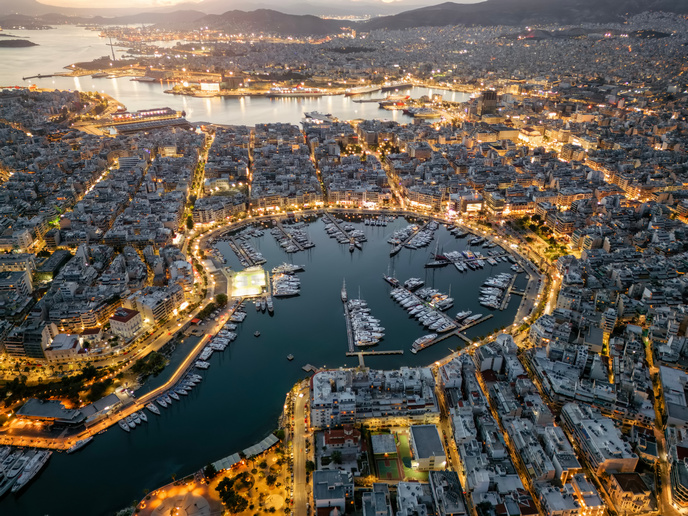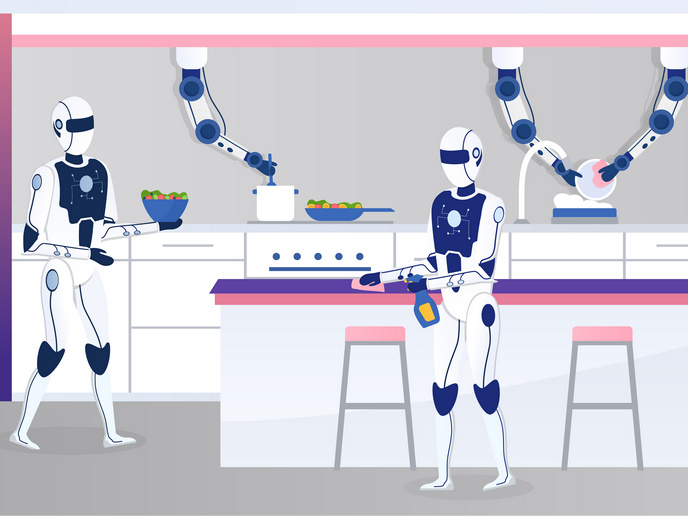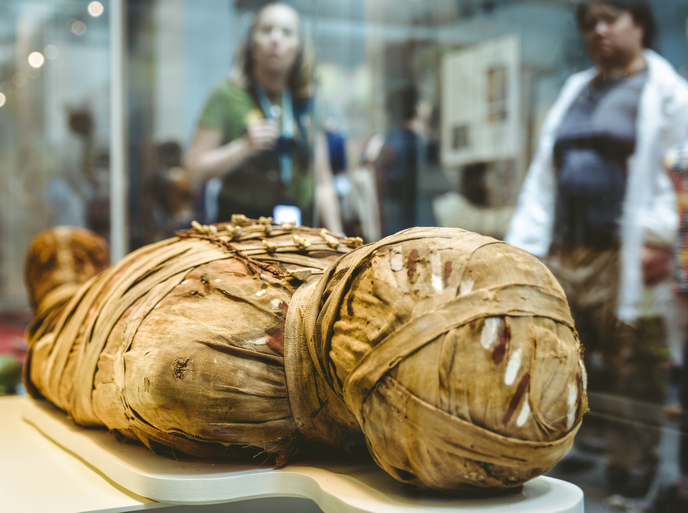Exploring the links between people, cities and ports
Ports have been central to our civilisation for thousands of years. Today, shipping is crucial to the world economy, facilitating the global trade of products and raw materials. Yet the link between ports and cities seems to be increasingly tenuous in certain parts of the world. “In central Rotterdam, for instance, you can go about your day without ever encountering the fact that the city also houses Europe’s largest port,” explains Elisabeth Schober(opens in new window), associate professor in the Department of Social Anthropology, University of Oslo. “In many places, we have seen a similar gradual separation between port and city.” The Ports(opens in new window) project, which was funded by the European Research Council(opens in new window), contributed a growing body of literature that considers ports as sites that can help us explore larger questions about the global economy. “Ports seemed to be such an interesting black box – these huge facilities that most people have very little understanding of, but that are so central to all our daily lives, given that around 80 % of all the world’s traded goods are transported via ship today,” says Schober.
Ethnographic fieldwork across global ports
The Ports team consisted of five core researchers, each with a unique research pathway into four globally critical ports: Singapore, Hamburg, Rotterdam and Piraeus. “There was lots of variety here, and not much built-up knowledge to rely on as to how to do ethnography in these spaces,” explains Schober. “Within anthropology, ports and maritime logistics at large are fairly new research topics, so we had to create new pathways for ourselves with the available toolkits of our discipline,” she adds. Some of the researchers worked more closely with trade unionists, others more with NGOs and citizen networks concerned with various port developments. Some focused on expert interviews with white-collar employees, while one worked at the waterfront, handling containers for several months. “As a team, we were in constant communication with each other, which was a fantastic opportunity, as we could learn so much from each other’s experiences and questions,” Schober notes.
Exploring shifts and disruptions in the world of maritime logistics
The green energy transition emerged as a research focus, resulting in the One Planet Shipping(opens in new window) workshop held on board a sailing ship, which brought together environmentalists, academics and shipping experts. The disruption of supply chains and crisis within the world of maritime logistics also became much more of a key theme than originally anticipated. This was reflected in the team’s first joint publication(opens in new window) and continued to evolve throughout the project. This includes a sequence of events including the 2021 grounding of the Ever Given in the Suez Canal, major supply chain disruptions during the COVID-19-pandemic and the Russian invasion of Ukraine, and recent geopolitical shifts relating to international trade including the introduction of major tariffs by the United States government. “We were certainly able to collect a wealth of ethnographic data that documents this major shift from a unique angle, material that we will all be able to work with for years to come,” says Schober. The team is working on two special issues currently under review with different journals and finalising a number of individual publications. “It feels like the thinking, writing-up and the development of spin-off projects will continue for years to come!” remarks Schober.







